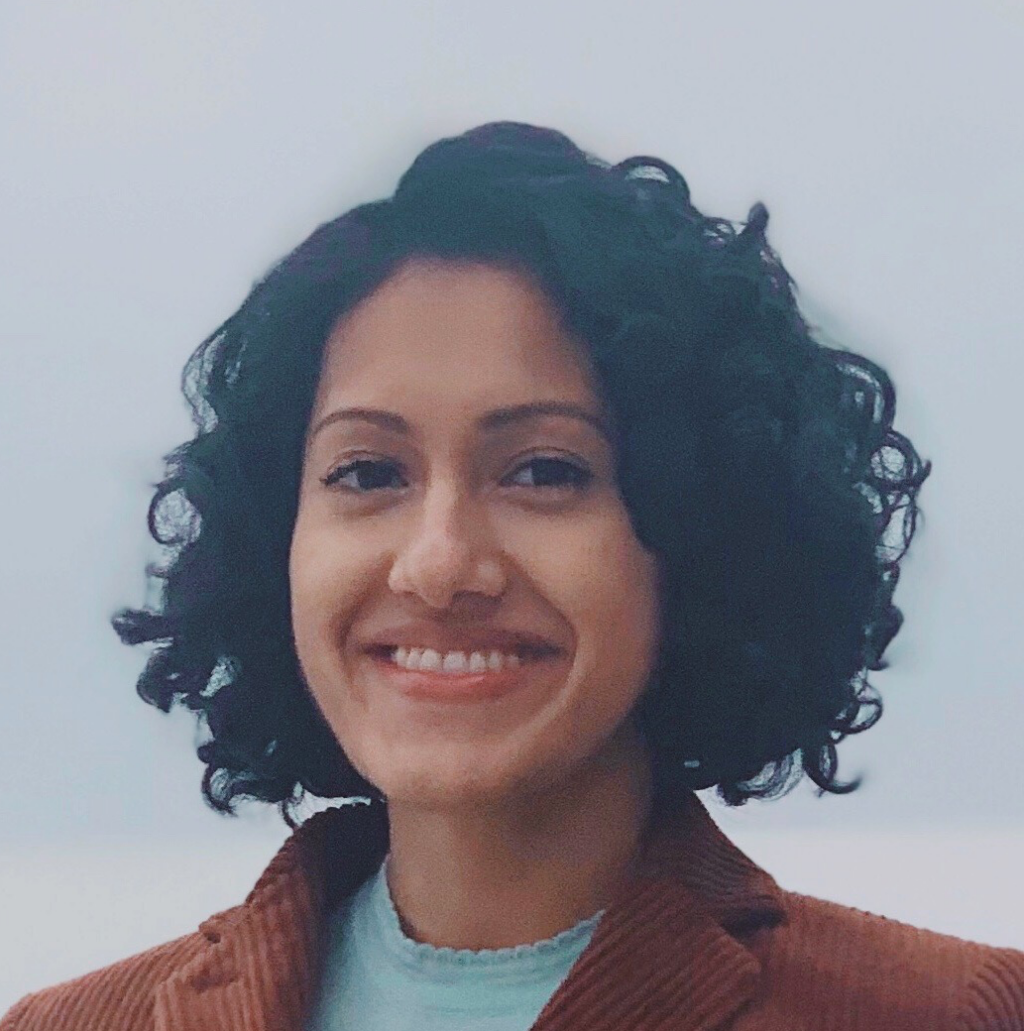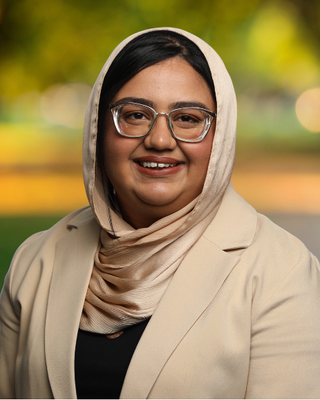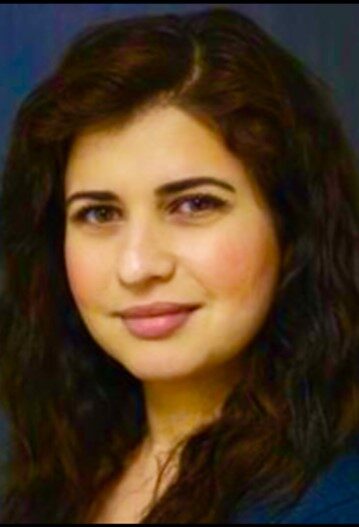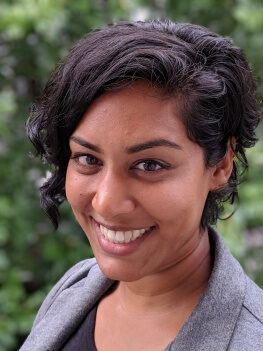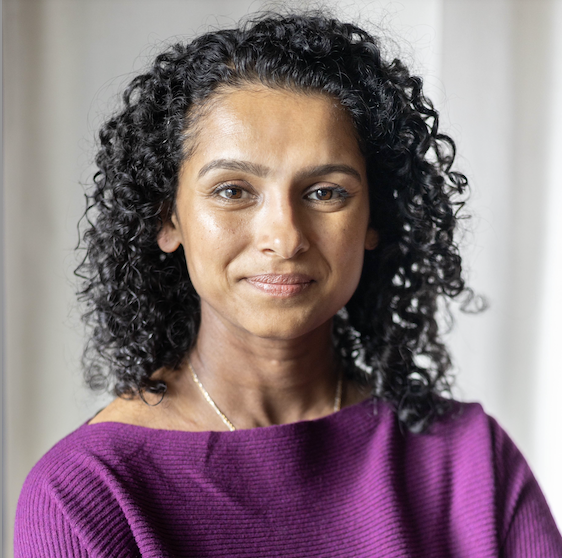I began my career in New York at Rensselaer Polytechnic Institute, where I immersed myself in reproductive and sexual health education and advocacy work. Through my experiences encouraging dialogue around sexuality and family planning, I saw firsthand the validation and empowerment that often came with an improved understanding of oneself. This path led me to medical school at the University of Chicago, with the intention of becoming an OB/GYN. I wanted to serve as a guide to women through the profound physical, psychological, and social changes of puberty, pregnancy, and menopause. I soon realized however, that my interests lay less in the “nuts and bolts” of human physiology and more in the human mind. I found myself most engaged and fulfilled working collaboratively with individuals on challenges related to mood, thought, and behavior. With a new sense of clarity, I began my psychiatric training at Northwestern University, where I gained experience treating the full range of psychiatric disorders, employing psychopharmacology, neuromodulation and a variety of psychotherapeutic approaches. I am currently pursuing advanced training in psychodynamic psychotherapy at the Chicago Institute for Psychoanalysis.
I enjoy working with individuals living with recurrent depression, conditions on the bipolar spectrum, attentional and executive functioning problems, and sleep disorders. I am especially interested in the nuances of diagnosing and managing these challenges in women, given the impact that both reproductive physiology and sociocultural role expectations can have on these disorders. I am also interested in working with health professionals and first generation Americans. Psychotherapy is fundamental to my treatment approach for the purpose of empowering an individual with a better understanding of themselves. I also teach specific skills so that one can competently and confidently manage their symptoms and alleviate the feelings of shame, guilt and inadequacy that so often accompany disorders of mood and attention.
While each psychiatric disorder is characterized by a number of core symptoms, the experience and expression of these disorders are influenced by each individual’s story. While I provide the expertise of psychiatric training, I believe that each patient brings the expertise of their unique lived experience to the therapeutic relationship. My patients can expect a collaborative, multimodal, tailored approach to how their challenges are understood and addressed, one that capitalizes on their particular strengths and keeps their specific goals and aspirations in focus. My hope is that in working together, my patients come to feel that they are living with, rather than suffering from, a psychiatric illness.

